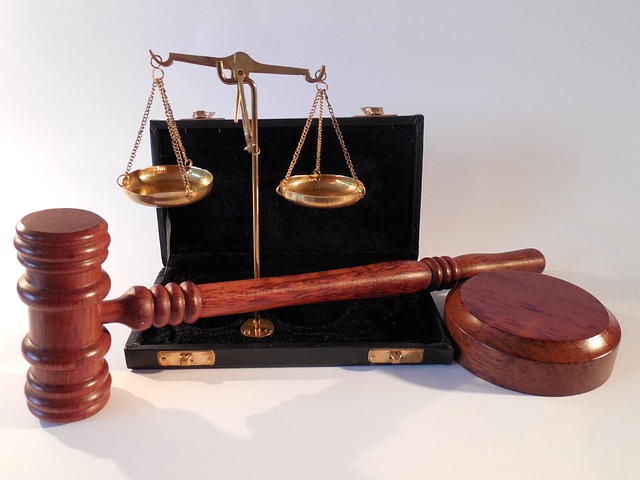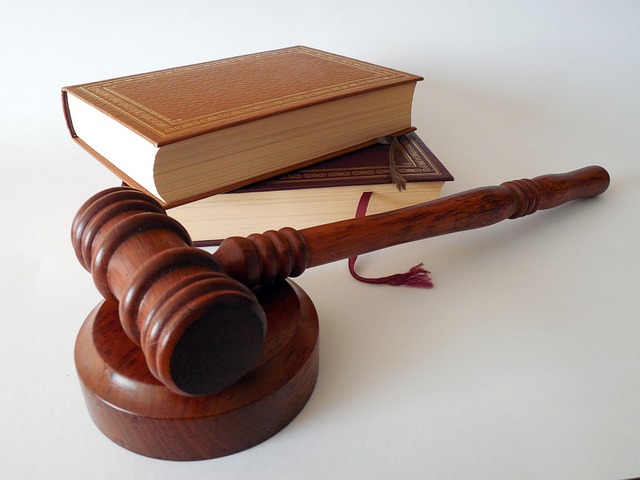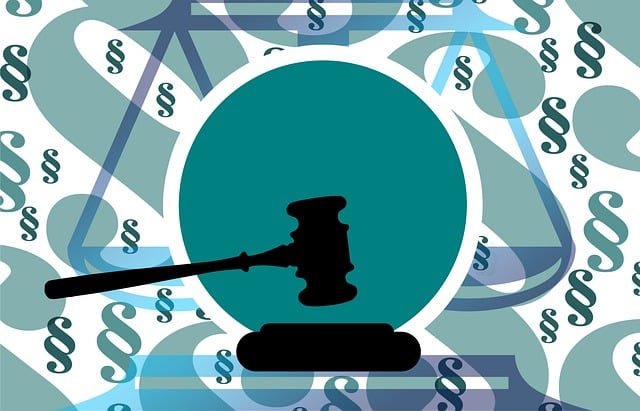Regulatory fraud laws, crucial for protecting financial markets and consumers from manipulation and false reporting, are demystified here. Understanding these laws is vital for businesses and individuals facing high-stakes white-collar crime cases. "Due Process in Criminal Law Cases" guarantees fairness through specific procedures, including the right to information, legal counsel, and confrontation. Skilled criminal defense attorneys ensure thorough client investigations and challenge evidence, upholding justice while protecting rights. Regulatory bodies, key guardians against business fraud, use advanced analytics and surveillance to detect anomalies and conduct audits, collaborating with law enforcement when needed to hold fraudsters accountable.
In an era where regulations are increasingly complex, understanding regulatory fraud laws is paramount. This comprehensive guide delves into the intricate world of these laws, offering a detailed look at “Understanding Regulatory Fraud Laws: A Comprehensive Overview.” We explore critical components like “Due Process in Criminal Law Cases,” highlighting essential protections and procedures. Additionally, we discuss strategies for prevention and detection, emphasizing the pivotal roles of regulatory bodies and law enforcement.
- Understanding Regulatory Fraud Laws: A Comprehensive Overview
- Due Process in Criminal Law Cases: Protections and Procedures
- Preventing and Detecting Fraud: The Role of Regulatory Bodies and Law Enforcement
Understanding Regulatory Fraud Laws: A Comprehensive Overview

Regulatory fraud laws are designed to protect the integrity of financial markets and safeguard consumers from deceptive practices. These laws cover a wide range of activities, including manipulation of stock prices, false reporting of financial data, and schemes that defraud investors or customers. Understanding these regulations is crucial for both businesses and individuals as they navigate high-stakes cases involving white collar and economic crimes.
The Due Process in Criminal Law Cases plays a significant role in ensuring fairness and integrity within the legal system. In regulatory fraud cases, defendants are entitled to a thorough investigation, timely notification of charges, and a robust defense strategy. Winning challenging defense verdicts requires a deep understanding of complex financial instruments, regulatory frameworks, and the intent behind fraudulent actions. This comprehensive overview aims to demystify regulatory fraud laws, enabling businesses to adhere to legal standards and individuals to protect themselves from potential accusations in these serious matters.
Due Process in Criminal Law Cases: Protections and Procedures

In due process in criminal law cases, individuals accused of fraud or white-collar crimes are entitled to certain protections and procedures that safeguard their rights. This includes the right to be informed of the charges, to have access to legal counsel, and to face their accusers in court. The U.S. Constitution guarantees these fundamental principles, ensuring that the state provides a fair and just process before convicting any person.
The complexity of due process in criminal law cases often involves intricate legal battles where skilled general criminal defense attorneys play a pivotal role. They ensure their clients receive a thorough investigation, challenge evidence, and advocate for a balanced trial. An unprecedented track record of successful defenses underscores the importance of robust due process, demonstrating its critical role in upholding the integrity of the justice system while protecting the rights of those accused.
Preventing and Detecting Fraud: The Role of Regulatory Bodies and Law Enforcement

Regulatory bodies play a pivotal role in preventing and detecting fraud within businesses and industries. They establish guidelines, conduct regular audits, and enforce compliance to ensure that companies operate with integrity. When signs of fraudulent activities are suspected, these regulatory bodies collaborate closely with law enforcement agencies to initiate investigations. This partnership is crucial for uncovering complex schemes and holding perpetrators accountable under due process in criminal law cases.
Effective fraud detection requires a comprehensive approach. Regulatory bodies employ advanced data analytics and sophisticated surveillance techniques to identify anomalies and potential red flags. By analyzing financial transactions, corporate disclosures, and patterns of behavior, they can pinpoint suspicious activities involving both corporate and individual clients. Their unprecedented track record in winning challenging defense verdicts demonstrates the success of these measures in holding fraudsters accountable while ensuring a fair legal process.
Regulatory fraud laws play a pivotal role in maintaining integrity within industries. By understanding these laws, such as those pertaining to due process in criminal law cases, we can ensure fair and just outcomes for all parties involved. Regulatory bodies and law enforcement have crucial roles in preventing and detecting fraud, ultimately fostering a more transparent and trustworthy business environment.






